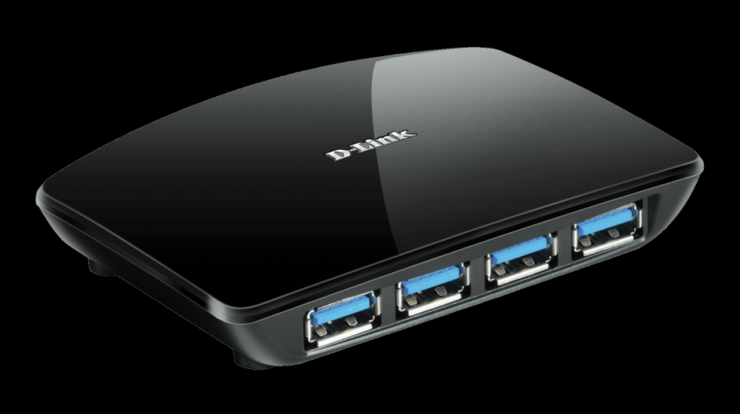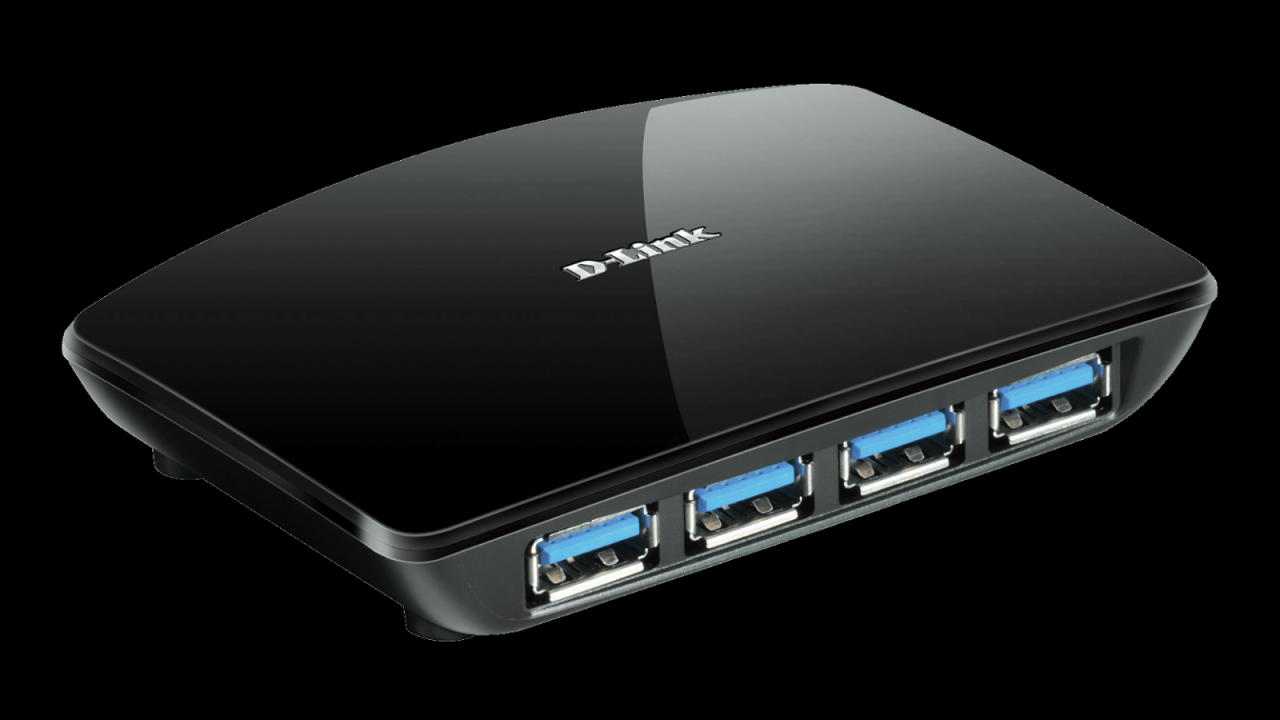
In the realm of networking and communication, the hub definition holds immense significance. A hub, in its primary sense, serves as a central point of connection, facilitating the exchange of information and resources among multiple devices or systems.
From network hubs that enable seamless data transmission to content hubs that aggregate and distribute valuable information, the concept of a hub permeates various domains, shaping the way we interact and access knowledge.
Definition of a Hub
A hub serves as a central point of connection, enabling the exchange of information, resources, and services. It facilitates communication and collaboration among multiple entities, providing a platform for interactions and knowledge sharing.
In the context of transportation, a hub refers to a central location where various modes of transport converge, such as an airport, train station, or seaport. In the business world, a hub can be a company or organization that acts as a central point for coordinating activities, resources, and information within a particular industry or sector.
Characteristics of a Hub
A hub is characterized by its ability to connect multiple entities and facilitate communication. It serves as a central point of access and distribution, allowing for the exchange of information, resources, and services.
Hubs can be physical or virtual, depending on their purpose and the nature of the connections they facilitate. Physical hubs, such as transportation hubs, provide a tangible location for interactions, while virtual hubs, such as online platforms or marketplaces, offer digital spaces for connections and exchanges.
Functions of a Hub, Hub definition
Hubs play a vital role in facilitating connections, exchanges, and collaboration. They serve as central points for gathering, processing, and distributing information, resources, and services.
- Information exchange:Hubs enable the sharing of knowledge, data, and insights among connected entities.
- Resource sharing:Hubs provide access to shared resources, such as equipment, facilities, or expertise, among connected entities.
- Collaboration:Hubs foster collaboration among connected entities, enabling them to work together on projects, initiatives, or shared goals.
Types of Hubs
| Type of Hub | Characteristics | Examples |
|---|---|---|
| Transportation hub | Central location for connecting different modes of transport | Airport, train station, seaport |
| Business hub | Central point for coordinating activities within a particular industry | Financial hub, technology hub, healthcare hub |
| Virtual hub | Online platform for connecting entities and facilitating exchanges | Social media platform, marketplace, learning platform |
| Logistics hub | Central point for managing the flow of goods and services | Distribution center, warehouse, fulfillment center |
| Innovation hub | Center for fostering innovation and collaboration | Research park, startup incubator, accelerator |
Closure: Hub Definition

As technology continues to evolve, the hub definition is poised to undergo further refinement and expansion. With the advent of cloud computing and the Internet of Things (IoT), hubs are expected to play an increasingly pivotal role in connecting and managing a vast array of devices and services.
Frequently Asked Questions
What is the primary function of a hub?
A hub serves as a central point of connection, facilitating the exchange of information and resources among multiple devices or systems.
What are the different types of hubs?
Hubs can be classified into various types based on their functionality, including network hubs, content hubs, and social media hubs.






